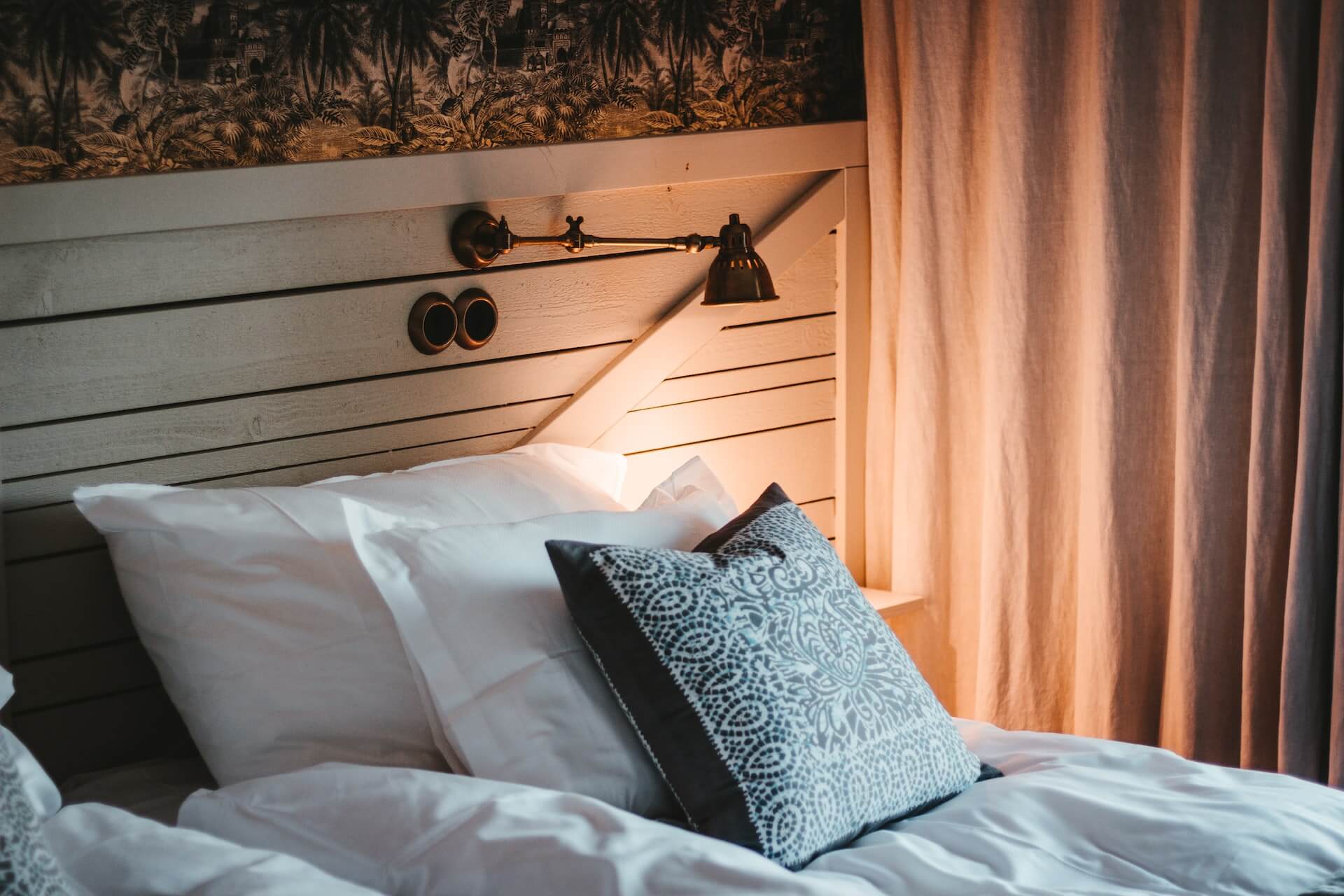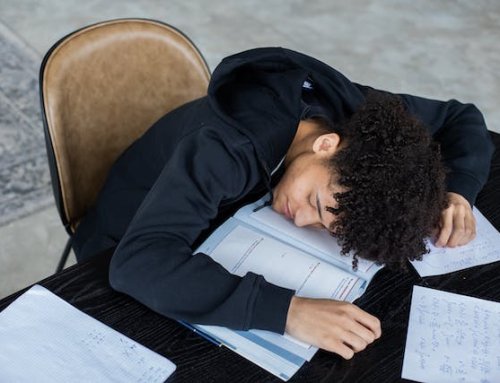Are you the type that thrives on a daily schedule or routine? Do you rather plan ahead or live in the moment? No matter who you are or what you do for a living, establishing a regular nighttime routine can help you feel more in charge of your off-hours, giving you the opportunity to do the things that enhance your sleep health and leave you feeling good both physically and mentally. How do you maximize your time after work? What do you do to get ready for bed? Here are some tips on how to create a better bedtime routine.
Avoid heavy meals before bed
Bad sleep patterns and extra pounds are two side effects of eating late. To enhance your metabolism and restfulness, try restricting your daily eating window to 10 hours. If you find yourself hungry late at night, consider eating some healthy food like oatmeal, yogurt, or almonds to help you relax and go asleep.
It’s possible that your nightly treat is hindering your efforts. This can delay rapid eye movement (REM) sleep and lead to insomnia because it reduces melatonin levels and messes with your circadian cycle.
Ditch the electronics to create a better bedtime routine
Despite popular belief, your favorite Netflix show or an idle look on Instagram are not effective stress relievers. Electronic gadgets, including computers, TVs, phones, and tablets, give off a lot of blue light. Using such devices exposes the user to an abundance of blue light, which tricks the brain into thinking that it is daytime. Because of this, your brain will actively seek to keep you awake by suppressing melatonin production. Cutting electronics down is one of the best ways to improve your lifestyle.
So don’t try to deceive yourself. At the start of your nightly ritual, turn off all electronic devices. Stay away from screens as much as possible after dark. Make use of your phone’s night light filter early in the evening so that it won’t be as distracting if you do glance at it in bed.
Redecorate
Maintaining a regular nighttime habit requires a comfortable space in which to sleep. You can cozy up the room by taking some simple and not too pricey steps. Start by repainting your room. Use earth tones like blue, green, and brown in the bedroom. Blue is associated with a reduction in blood pressure and heart rate, all of which contribute to the body’s readiness for sleep when detected by ganglion cells, the receptors in the retina of the eyes.
You could even try aromatherapy. It is often held that a certain scent’s aromatic properties might induce a state of peace and drowsiness in the nose’s recipient. Some examples of these include lavender oil and other essential oils. Essential oils might be a great aid if you have trouble winding down at night.
Put on some nice tunes
While music might not be the first thing that comes to mind when planning a bedtime routine, studies have shown that listening to soothing tunes in the hours leading up to sleep can positively affect relaxation and anxiety, and sleep quality. Simply said, maintaining excellent sleep hygiene relies on several factors, one of which is ensuring that your sleeping space is free of noise. If you find that your music is keeping you up at night, consider using a sleep timer.
Several studies have shown that listening to music may improve a person’s mood, energy level, and sleep quality. Music has been shown to have a calming effect on the body by lowering stress hormones, stimulating the body’s rest and recovery state, and releasing feel-good endorphins, all of which make it easier to relax and drift off to dreamland.
Avoid caffeine, cigarettes, and alcohol
Because it stimulates temporary sensations of alertness, caffeine may disrupt your normal sleep pattern. Caffeine reaches its maximum effectiveness after 30 minutes. Most people’s ability to fall asleep at night is unaffected by consuming caffeine in the morning or early afternoon. However, caffeine’s effects can last for as long as seven hours, so it’s better to avoid it in the late afternoon and evening.
It’s been shown that both smoking and alcohol use can impair sleep but in different ways. Caffeine isn’t the only stimulant out there; nicotine can do the same thing. All nicotine patches function in the same way. Trouble sleeping is a common side effect of quitting smoking, although it usually subsides after a few weeks. Conversely, alcohol can help many individuals get to sleep faster, but it might disrupt sleep after it’s digested.
Make a to-do list
If you want to get more done each day, consider making a list of what has to be done the next day to your routine before bed. A common reason individuals have trouble sleeping is that their minds are racing with to-do lists for the next day. In addition, these tasks might be too much to handle at times, especially if you’re contemplating them while you have little control over the situation. Bedtime concern, as it’s called by experts, is a big factor in trouble falling asleep.
Making a to-do list could be an effective way to beat insomnia. With the aid of a to-do list, even a mountain of work may seem more manageable. That way, you can rest easy knowing that everything important is covered.
Final words
In order to create a better bedtime routine, you don’t have to do too much. Whatever your nighttime routine looks like, be sure to make it your own. Once you find what you like, doing them in the same order at the same time each night can help tell your body that bedtime is approaching. This allows you to get tired naturally on time, so sleep comes with ease. Once you’ve relaxed and are ready for bed, climb onto your comfy mattress with your favorite pillow and doze off into dreamland. Sweet dreams and good night!






